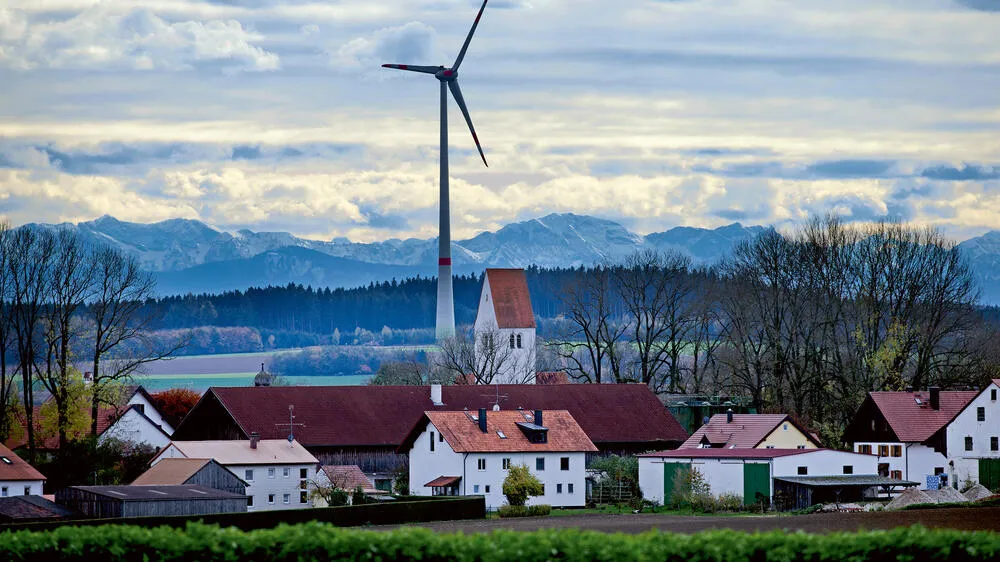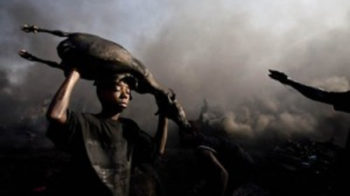
Eugyppius Dec 1, 2022
It turns out that you can have battery-powered cars, or you can have renewable energy, but you can’t have both.
The Swiss Confederation usually imports electricity from France and Germany to keep the lights on over the winter, but this year neither country has any power to spare. Many French nuclear power plants are down after years of postponed maintenance, while in Germany we suffer from a superfluity of idle wind turbines and a (self-imposed) shortage of natural gas.
The Federal Council of Switzerland has therefore published draft legislation, which outlines four tiers of escalating measures to conserve electricity and avert potential blackouts. The first prescribes a lot of temperature restrictions for things like refrigerators and washing machines. The second includes more unusual rules, such as the demand that heating in clubs and discotheques “be set to the lowest level or switched off completely,” and that “streaming services … limit resolution of their content to standard definition.” The third foresees cutting business hours, banning the use of Blue Ray players and gaming computers, and also limiting the use of electric cars, which should be driven only when absolutely necessary. A fourth and final tier mandates closure of ski facilities, casinos, cinemas, theatre and the opera.
A lot of these rules look unenforceable, but they said the same thing about contact restrictions during the pandemic. It turns out that the state really can prevent you from socialising with people in your own home if it wants to, especially when there’s no shortage of prying neighbours eager to snitch.
Feasibility isn’t the point, though. It’s the optics here that are most astounding. Electric vehicles, which politicians have heavily subsidised as one of their primary policy responses to climate change, are just now crashing against that other great arm of the green agenda, namely renewable energy. You can’t drive everyone into ever greater dependence upon the electrical grid, while also orchestrating an energy transition to wind (which hardly blows in Germany, except in the north) and solar (which generates no meaningful power in the depths of the Central European winter). Gas from Russia was the magic ingredient that kept the whole renewables charade going, and we’re out of that now. There’s no way to cover up the failure; not even the green-friendly German media has any excuse or messaging angle here.



